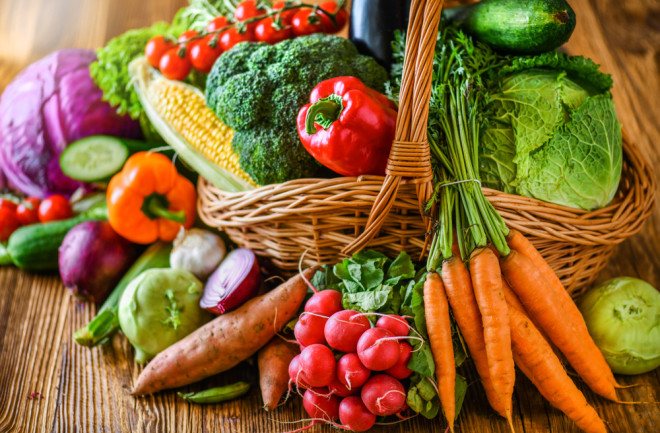It’s common for people to focus on their health at the start of the year. But few consider the well being of the microbes that live inside the human gut – the microbiome – which are vital to an individual’s good health.
How important are these bacteria? There are as many bacterial cells in us as there are human cells, and they help control everything from inflammation and the development and treatment of cancer to how much energy we get from our foods and perhaps even what foods we crave and our moods. When our microbiome becomes unbalanced, often indicated when certain species or groups of bacteria become overly abundant, these functions can be disrupted, contributing to the development of a wide range of diseases such as obesity, cancer, inflammatory bowel disease and many others.
Our gut microbes are also responsible for gas production when we eat new foods as those microbes adapt to this new nutrient source in their environment. So it is clear we want to have a healthy microbiome, but what is that?
There is a lot of debate regarding what exactly constitutes a healthy community of gut microbes, but one thing has become clear. Humans need a diverse microbiome with a variety of bacterial species that can quickly adapt to the wide range of foods that we might want to consume while still performing all those important functions like preventing inflammation. So what are some things that you can do to support a healthy, diverse microbiome?
Eat Your Fruits and Veggies
While all the different foods that make up your diet can influence the gut microbiome, it is the fiber – the carbohydrates in our diet that we cannot break down ourselves but the bacteria in our gut can use readily – that drives the formation of a healthy microbiome. Eating a diverse and abundant selection of fruits and veggies is a great way to feed some of the most health-promoting bacteria in our gut.
Add Resistant Starch
Most of the starch in our diet - like white bread and pasta - is quickly broken down and absorbed. But a fraction of that starch is resistant to digestion and acts more like a fiber, feeding the bacteria in our gut. Resistant starch has been identified as particularly beneficial for supporting all of those healthy functions of the gut microbiome.
Some sources of resistant starch include potatoes and legumes. All sources of starch can also become more resistant after cooking and then cooling in the fridge. So those leftover potatoes and pasta, cold or reheated, may have some added microbiome-promoting punch.
Read more:
Everything Worth Knowing About Microbiomes
From the Gut to the Womb: How Our Microbiome Shapes Our Health
Our Microbiomes Might Shape Our Social Lives
Experiment With Different Fibers
Not all gut microbiomes are the same and not all fibers are the same. Certain fibers and microbiomes will mix better than others, depending on what functions are present. This means that you need to do some experimentation to see what fibers will make you and your gut feel the best. You can do this with fiber supplements or with different categories of fiber sources such as whole grains, legumes or cruciferous vegetables like broccoli. Give your microbiome a couple of weeks to adjust to each fiber source to see how it responds.
Exercise for Both You and Your Microbes
Regular physical activity is not only good for your heart, it is good for your gut, too. Studies recently showed that some of the lactate produced during exercise can impact certain gut microbes – although we don’t yet know how and why.
Start slow if you haven’t had regular physical activity as part of your daily life. If you start on New Year’s, by Valentine’s Day you could be walking daily, or doing some other kind of activity that you like, to help your heart, mind and gut.
Add Probiotic Foods Into Your Diet
What are probiotic foods? These are foods that contain microorganisms that have a health benefit.
There are several different kinds of helpful microorganisms that are added to foods like yogurt, or are naturally found in other fermented foods – like sauerkraut or kimchi – that give them a health-promoting effect. Give one of these foods a try in the new year. You might be wondering if probiotic supplements are as beneficial as probiotic food. So far there isn’t enough evidence to say that – so stick with food.
This article is republished from The Conversation under a Creative Commons license. Read the original article. The article reflects solely the authors' views. See the original for a full list of funding disclosures.

